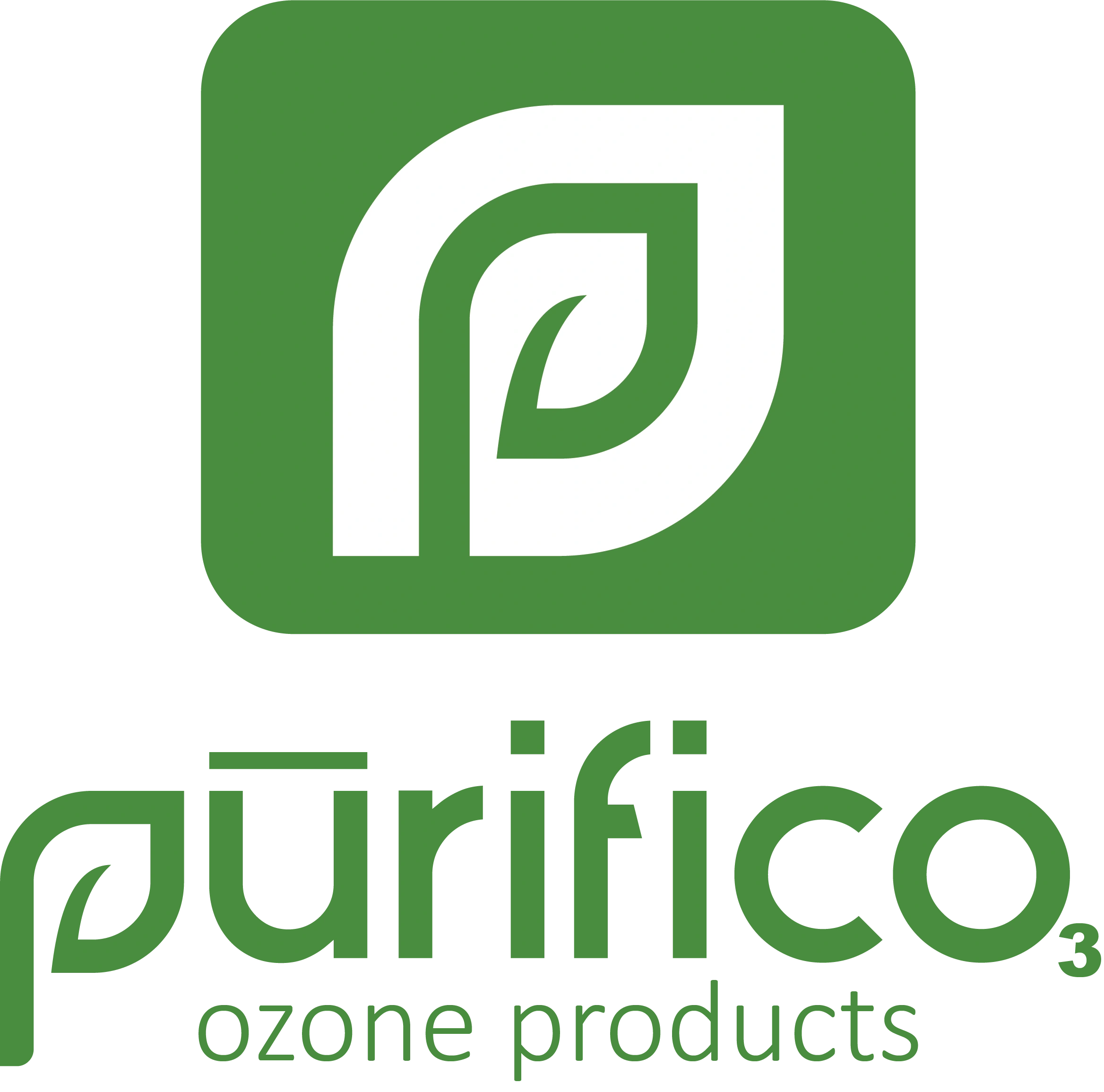Soil degradation is a pressing issue that threatens global agricultural productivity. Intensive farming practices, chemical overuse, and poor water management have depleted the natural fertility of soils, leading to reduced crop yields and environmental harm. Ozone, a powerful oxidant, presents a promising solution to reverse these negative trends.
Through ozone-based treatment, agricultural systems can restore soil health, improve microbial balance, and ensure better crop production without the environmental downsides of conventional treatments. This article explores how ozone treatment addresses soil degradation, promoting sustainable farming and healthier crops.
Understanding Soil Degradation: A Global Crisis
Soil degradation refers to the decline in soil quality caused by physical, chemical, and biological factors. It results in reduced organic matter, nutrient imbalances, and compromised soil structure. Over time, degraded soils become less capable of supporting healthy plant growth, demanding ever-higher inputs of fertilizers and pesticides, which further exacerbate the issue.
The primary causes of soil degradation include:
- Erosion from wind and water, which strips away the nutrient-rich topsoil.
- Salinization from poor irrigation practices, leading to salt buildup in the soil.
- Chemical pollution from fertilizers, herbicides, and pesticides that harm beneficial microorganisms.
- Compaction due to heavy machinery, reducing soil aeration and water infiltration.
- Pathogen buildup in soil, which promotes plant diseases and stunts crop development.
These issues result in a vicious cycle of reduced productivity and increased environmental stress. However, ozone treatment offers an innovative and eco-friendly way to break this cycle.
How Ozone Treatment Works in Agriculture
Ozone (O₃) is a triatomic oxygen molecule with strong oxidative properties. It reacts rapidly with organic compounds and microorganisms, breaking down pollutants and eliminating harmful pathogens. Unlike traditional commercial chemical treatments, ozone decomposes into oxygen, leaving no harmful residues behind. This property makes it an environmentally friendly choice for agricultural systems.
When applied to soil or irrigation water, ozone addresses several key challenges:
- Microbial Disinfection: Ozone eliminates bacteria, fungi, and viruses in the soil, preventing crop diseases.
- Organic Matter Decomposition: It breaks down accumulated organic pollutants, improving soil structure.
- Oxidation of Harmful Compounds: Ozone neutralizes toxic substances, including pesticides and excess nutrients.
- Enhanced Soil Aeration: Ozone treatment promotes aerobic conditions by increasing dissolved oxygen levels in irrigation water, which benefits the root zone and encourages beneficial microorganisms.
Reversing Soil Degradation with Ozone Technology
1. Reducing Soil Pathogens for Healthier Plants
Soil-borne pathogens, such as Fusarium and Pythium, cause root rot and other diseases that severely impact crop yields. Traditional chemical fungicides are often insufficient to address these persistent pathogens, as they build resistance over time. Ozone’s oxidative power disrupts the cellular structure of these pathogens, offering an effective, chemical-free alternative. By treating soil and irrigation water with ozone, farmers can reduce the spread of infections, leading to healthier crops.
2. Improving Soil Structure and Nutrient Availability
Over-fertilization and chemical buildup impair soil health by altering its pH and blocking essential nutrients. Commercial ozone treatment helps restore balance by oxidizing residual chemicals and improving the availability of micronutrients in the soil. As ozone decomposes, it releases oxygen, which enhances soil aeration and promotes the growth of beneficial bacteria and fungi. This balanced microbial environment ensures that crops can better access nutrients, resulting in improved growth and higher yields.
3. Restoring Aerobic Conditions in Compact Soils
Soil compaction reduces the availability of oxygen to plant roots, hindering healthy development. The introduction of ozonated water into compacted soils can re-oxygenate the root zone, stimulating root growth and improving water absorption. Additionally, the high oxygen levels provided by ozone-treated irrigation water support aerobic microorganisms that are essential for breaking down organic matter and cycling nutrients.
Applications of Ozone in Agricultural Water Management
Irrigation plays a crucial role in reversing soil degradation, but it also presents challenges such as salinization, nutrient leaching, and waterborne pathogens. Ozone treatment addresses these issues by:
- Purifying Irrigation Water: Ozone eliminates contaminants and pathogens from water sources, ensuring that plants receive clean, oxygen-rich water.
- Maintaining Nutrient Water Tanks: When nutrient water reservoirs are treated with ozone, pathogens are prevented from proliferating, reducing crop diseases and optimizing plant nutrition.
- Improving Water Recycling: Treated water can be safely reused without the risk of pathogen spread, reducing water consumption and minimizing environmental impact.
Environmental and Economic Benefits of Ozone Treatment
1. Sustainability and Reduced Chemical Dependency
Unlike chemical disinfectants, ozone leaves no toxic residues. This allows farmers to use as much ozone as needed to achieve disinfection without worrying about regulatory limits or environmental contamination. By minimizing chemical inputs, ozone treatment reduces pollution and promotes sustainable farming practices.
2. Cost-Effective Solution for Long-Term Soil Health
Although ozone systems require initial investment, they offer significant long-term savings by reducing the need for fertilizers, pesticides, and water. Ozone generators produce the gas on-site, eliminating the need for chemical storage and transportation, which further lowers operational costs. Power consumption and maintenance requirements are low, and the equipment is highly durable.
3. Compliance with Environmental Regulations
Governments and regulatory bodies worldwide are encouraging eco-friendly agricultural practices. Ozone treatment aligns with these regulations by providing an effective yet environmentally safe solution for managing soil health and crop production.
Conclusion: Ozone as a Game-Changer in Agriculture
Ozone treatment offers a revolutionary way to reverse soil degradation and promote healthier crops. Its ability to eliminate pathogens, improve soil structure, and support aerobic conditions makes it an ideal solution for modern agriculture. By integrating ozone technology into irrigation systems, farmers can enhance productivity while reducing their reliance on harmful chemicals and minimizing environmental impact.
As soil degradation continues to threaten global food security, innovative solutions like ozone treatment are essential for building sustainable agricultural systems. With companies like Purifico leading the way in ozone technology, the future of farming looks cleaner, greener, and more productive.


